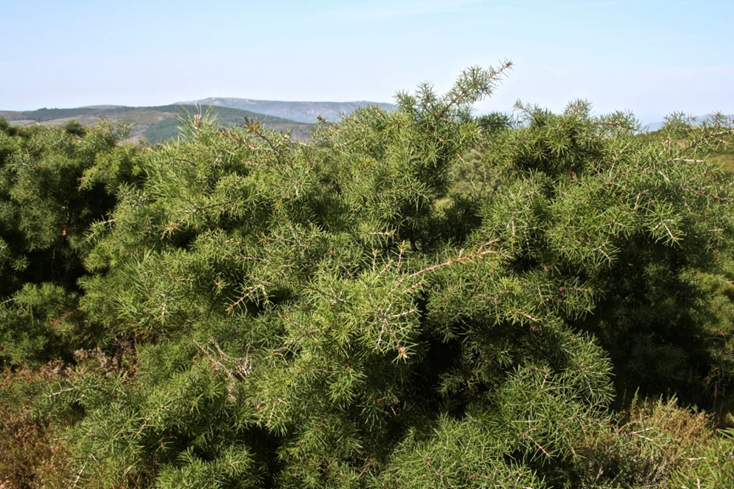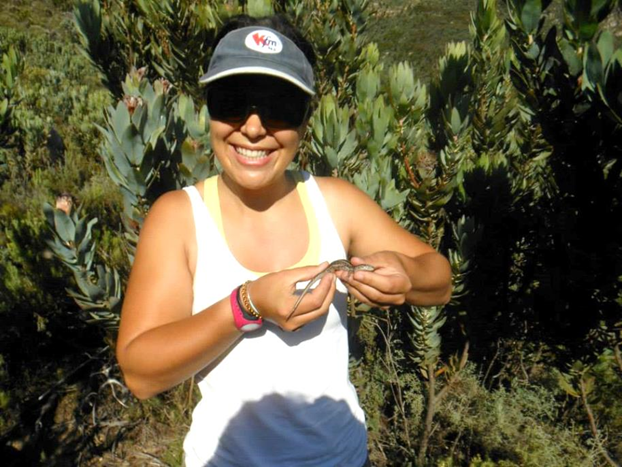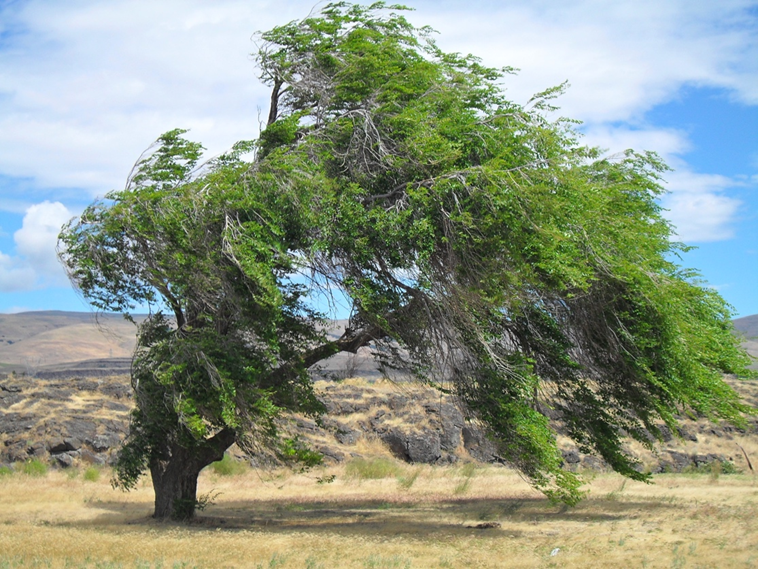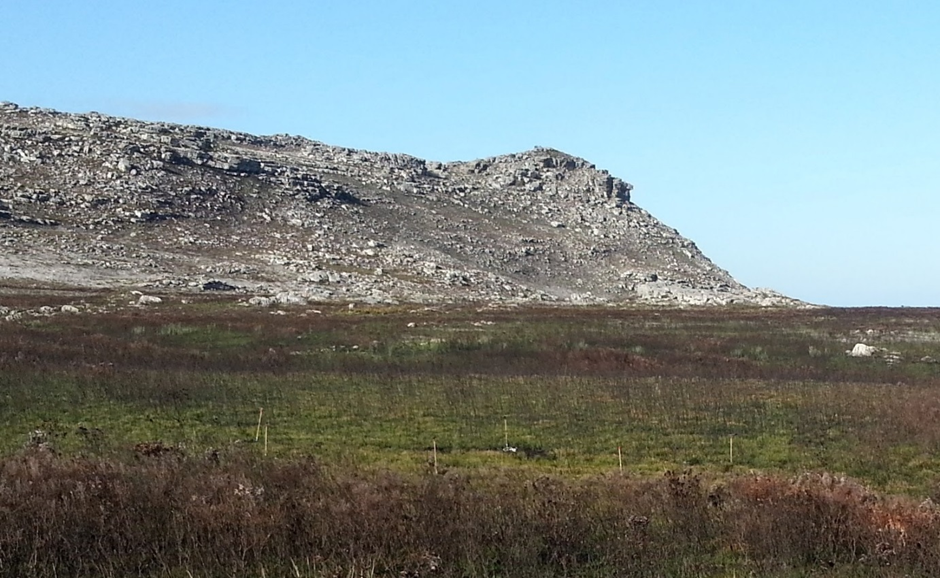Connecting ecosystem services, disservices and plant invasions
A paper published in the journal Ecosystem Services presents a new classification of ecosystem disservices and a framework for integrating ecosystem services and ecosystem disservices for human well-being linked to ecosystem functioning.




